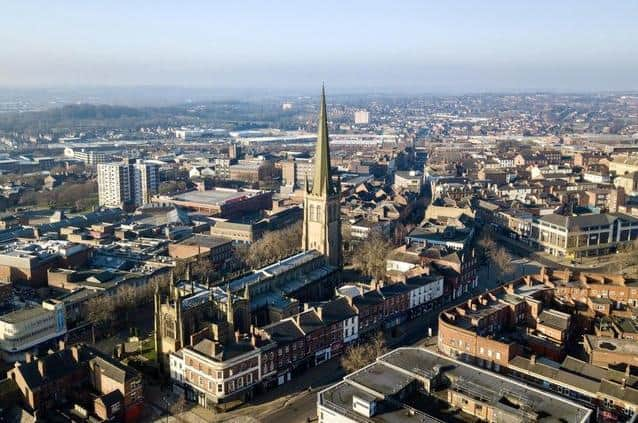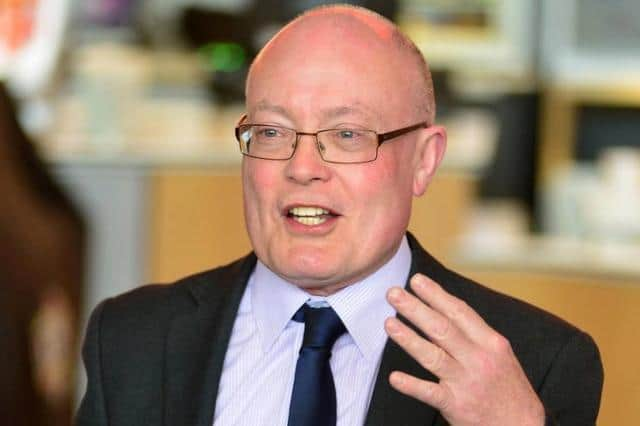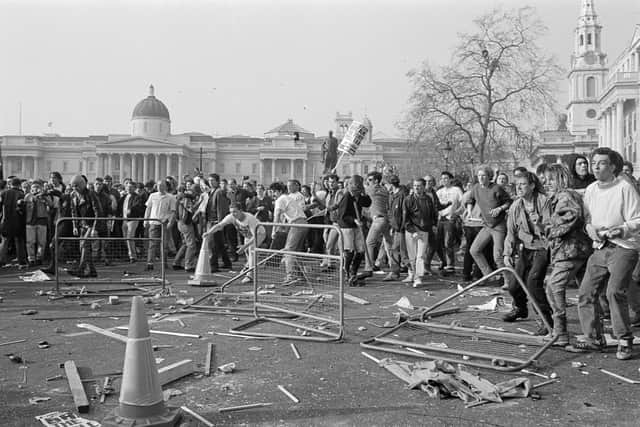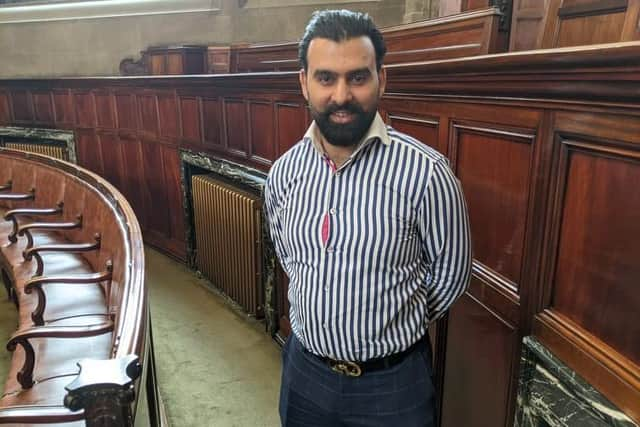'People are paying more and getting less' - Labour in Wakefield calls for changes to council tax system
Council tax has risen repeatedly in the district over the last 20 years, as it has done across most of the rest of the country.
Labour councillors, who've been in charge in Wakefield throughout that time, claim the rates system is "outdated" and desperately in need of an overhaul.
Advertisement
Hide AdAdvertisement
Hide AdDebating the issue in the council chamber on Wednesday, the party suggested the current rules favour plush "shire" areas with bigger houses, at the expense of more deprived towns and cities with smaller homes.


At the same time, they pointed out that the government's contribution to council coffers has been heavily slashed since 2010.
However, opposition members attacked Labour's motion over the issue, claiming it failed to suggest an alternative system and was a "waste of time".
One Conservative member even scathingly suggested local primary school pupils could have made a better contribution to the debate.
Advertisement
Hide AdAdvertisement
Hide AdBut in putting forward the motion, Labour councillor Kevin Swift explained that the government had historically funded local authorities with grants that were based on individual need.


The shifting of the financial burden onto councils themselves in recent years has had grim consequences for taxpayers, he argued, as demand for social care and other services has risen dramatically.
Coun Swift said: "People will, by and large, measure the council tax bill they receive against the services they receive.
"They will be aware that over a lengthy period the services they receive have been squeezed and under pressure, and at the same time council tax has continued to rise.
"People are finding they are paying more and getting less.


Advertisement
Hide AdAdvertisement
Hide Ad"That in fact is because of the government removing the central grant. That's the fundamental thing here."
Council tax was introduced by the John Major government of the early 1990s, to replace the deeply unpopular poll tax Margaret Thatcher had introduced.
The system divides homes into eight separate bands, with the amount residents are charged dictated by how valuable their house is deemed to be.
Labour councillor Hilary Mitchell said the banding system was based on values "30 years ago" and that people living in newly built homes were being unfairly billed.


Advertisement
Hide AdAdvertisement
Hide AdIn recent years, the Conservative opposition in Wakefield has consistently lobbied against raising council tax.
However, their proposed alternative spending plans have been attacked by Labour for failing to account for the smaller receipts this would produce.
But Tory group leader Nic Stansby said Labour had offered no alternative proposals to the current system.
She said: "Two things in life are certain - death and taxes.
Advertisement
Hide AdAdvertisement
Hide Ad"Nobody likes paying tax, and to be honest I don't think anyone's particularly keen on the other one either.
"We'd like to know exactly what you're saying should replace the current system, because I was out on the street once, demonstrating against the poll tax. Nobody thought that was a fair tax.
"So what is your proposal? We need more detail.
"We can't just say 'tax the rich', because the rich will just leave the country and there will be no-one left to tax."
Liberal Democrat councillor Tom Gordon suggested the motion was a "waste of council time", views echoed in a brutal assessment by Conservative member Akef Akbar.
Advertisement
Hide AdAdvertisement
Hide AdCoun Akbar said: "I don't think anyone's going to give a toss about this paper to be honest.
"I think if you want to address something you need to put forward a solution, not just say, 'Here's a problem'.
"I don't think this is worth the paper it's written on.
"There's a school in my ward called Pinders Primary. I think if the Labour Party went there and visited the pupils in Year Two, they'd be able to put together a better solution."
Council tax bills in Wakefield rose by 3.99 per cent last April, though that was the smallest rise in West Yorkshire.
Advertisement
Hide AdAdvertisement
Hide AdPart of the increase was accounted for by a rise in the social care precept, which is a ringfenced fund to help meet the costs of looking after the elderly.
The government recently announced a National Insurance rise to help fund social care, so it's unclear if the precept will remain in next year's Budget.
Local Democracy Reporting Service
Comment Guidelines
National World encourages reader discussion on our stories. User feedback, insights and back-and-forth exchanges add a rich layer of context to reporting. Please review our Community Guidelines before commenting.